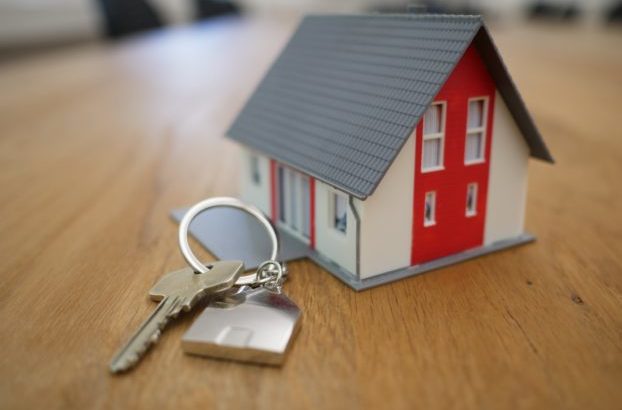First-Time Homebuyer Programs: How Do They Work?

There are several concepts related to home buying and ownership that are helpful to know about. For instance, knowing how to use home equity for debt consolidation can help you if you owe money to various lending entities. It’s also smart to learn about first-time homebuyer programs if you’re tired of renting and want a place of your own.
We’ll talk about first-time homebuyer programs right now. If you’ve never owned a home before, these may be of great benefit to you.
What is a First-Time Homebuyer Program?
In a nutshell, first-time homebuyer programs exist so that individuals or families looking to buy their first home can receive financial assistance to help them do that. Some of these are programs created by charitable entities, while others are government-sponsored.
If you are attempting to buy your first home and want to take advantage of one of these programs, you usually need to apply. Various programs have different qualifications. Below, we discuss a few options you might be able to qualify for if you’re a first-time homebuyer.
Down Payment Assistance Programs
Down payment assistance programs are sometimes available for first-time homebuyers. You might think that if you’re going to buy your first home, you’ll need to put down as much as 20% of the asking price to secure a mortgage. With a down payment assistance program, that’s not necessarily the case. You might be able to put down as little as 3% of the asking price with some of them.
There are more than 2,000 of these initiatives nationwide. If you want to find out about programs you might qualify for, you can start by Googling a keyword phrase like “down payment assistance programs near me.” That should provide you with a list of these programs that city, county, and state governments in your area have available for aspiring first-time homebuyers.
DPA Loans
If you pursue a down payment assistance program, your best bet of securing one might be finding an entity that will agree to give you a deferred payment loan. With a DPA loan, you must pay it back in full when you move on from your first house, sell it, or refinance it to pay off your main mortgage.
DPA Grants
A DPA grant is similar to a DPA loan, except you don’t need to pay back the money. Program requirements for these types of loans can vary pretty dramatically.
In some instances, you can get one if you have a credit score of at least 620. You will also need a reliable income that matches that grant’s requirements. The entity potentially lending you that grant will also probably look at your debt-to-income ratio. This is your monthly debt payments divided by your monthly gross income.
Look Into First-Time Homebuyer Programs
Some individuals or families think that home buying is out of their reach, but if they start looking into first-time homebuyer programs, they find that’s not the case. The reality is that many individuals don’t know these programs exist, so they don’t try to take advantage of them.
If you start reading up on first-time homebuyer programs at the local, state, and federal levels, you may find some leads that are worth pursuing. Some down payment assistance programs for first-time homebuyers let you put down as little as 3% of the asking price on a home while still granting you a mortgage.
You might look into deferred payment loans as well. If you get one, you’ll receive funds you can put toward purchasing a home, though you must pay the loan back in full if you ever sell the house, move on from it, or refinance it.
If you have decent credit and a stable income stream, you can also look into down payment assistance grants. You don’t need to pay that money back, assuming you qualify.

